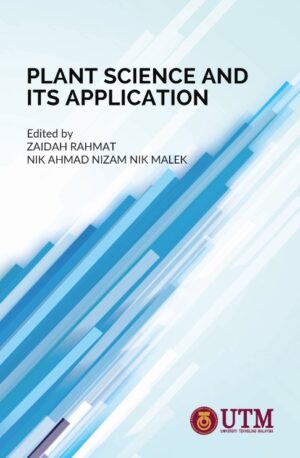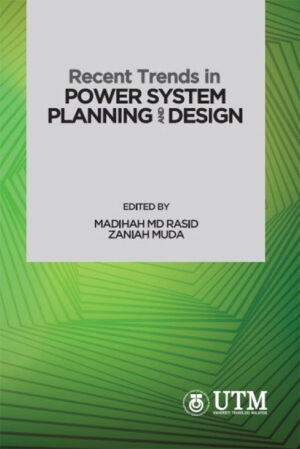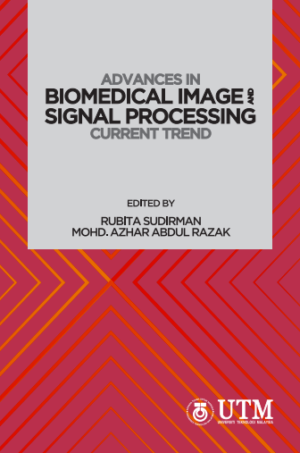Description
The book presents a collection of studies relating to water quality and sediment control within the scope of ecohydrology and ecohydraulics. Ecohydrology is an interdisciplinary scientific field studying interactions between water and ecological system while ecohydraulics interacts ecology and hydraulics. Managing, monitoring, and controlling water quality and sediment are major part in reducing impact of urbanization and climate change in a river catchment. The impact of urbanization creates adverse impacts to the natural ecosystem and livelihood, whereas climate change escalates them. Ecology and ecosystem are commonly associated to science, biology, and the environment. Less are on relation to engineering and technology. This book presents studies using engineering and technology associated to the surrounding impact to the ecology. Hard and soft engineering methods are presented in relation to this field. Chapters in the book describe the scientific and engineering application in assessing and managing water quality and sediment. Performance of water resources management, catchment scale ecohydrology management, wetlands, integrated models, collaborative governance, water treatment technology, as well as sediment hydraulics monitoring methods are discussed in the book. Chapter contributors are among water engineers and environmental technologist from Malaysia and Indonesia. The book is an academic collaboration between – Ecohydrology Research Group, School of Civil Engineering, Faculty of Engineering, and Centre for Environmental Sustainability and Water Security (IPASA), of Universiti Teknologi Malaysia, with the Asia Pacific Centre for Ecohydrology UNESCO Category II Centre of Indonesia.





